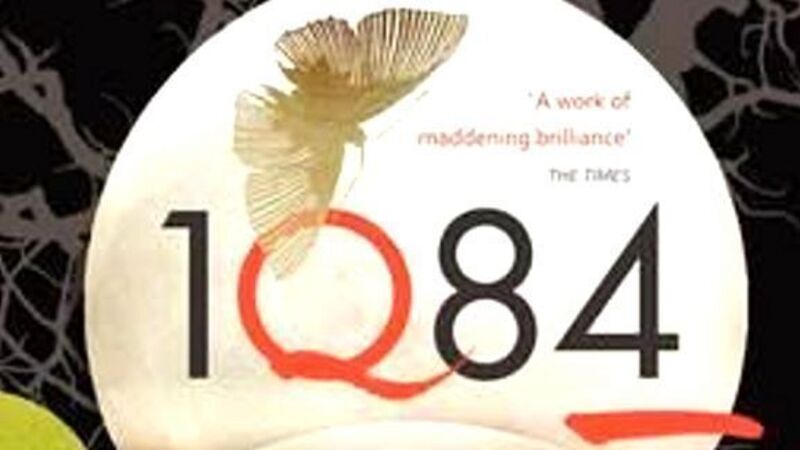Good, but not great

Haruki Murakami is one of the superstars of the literary firmament, a Japanese phenomenon of rarefied visions whose work has caught the public imagination at an international level. His latest novel, the gargantuan three-volume 1Q84 — finally available in a single hefty but neat paperback format — seems, on its surface, to fulfil every claim as to this revered author’s greatness.
The distinguishing marks are all present and accounted for: fleshing out the usual and inevitable boy-meets-girl type love story are the jazz and pop culture references, the Chandler-esque mystery element, the disaffected casual sex collisions of an empty generation, the spectacular magic realism leaps that attempt to make sense of a society that has either lost its soul or has spun beyond the reach of logical understanding.











